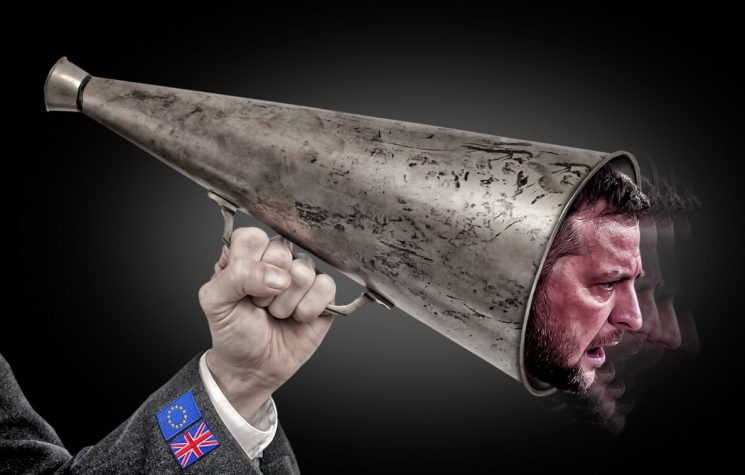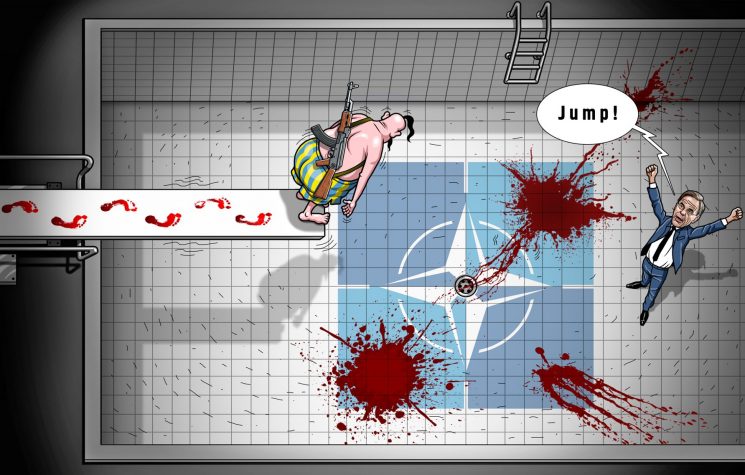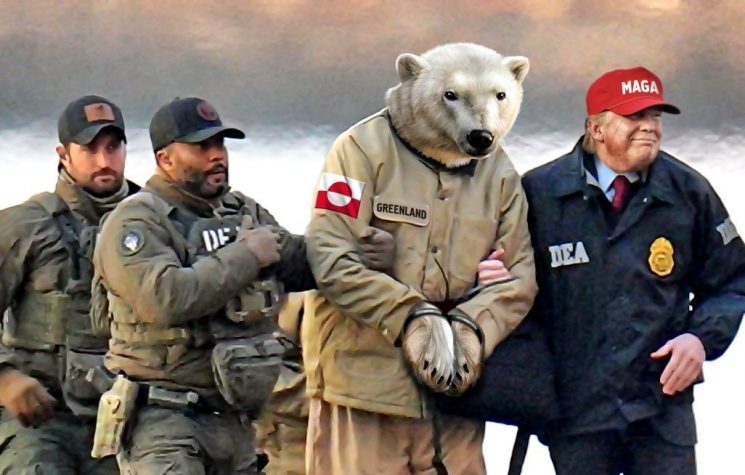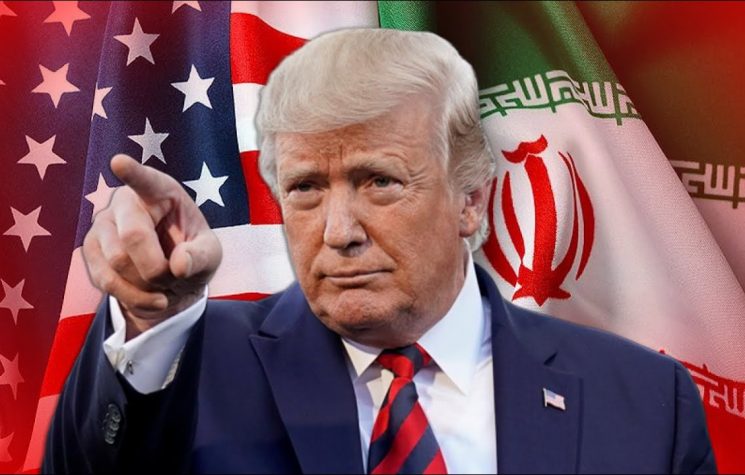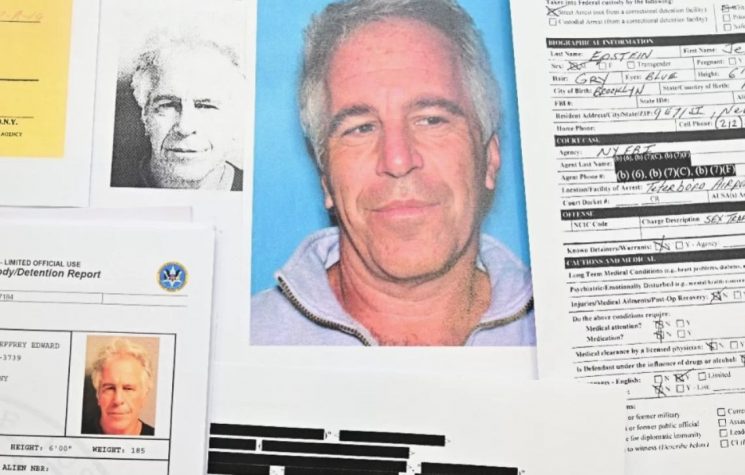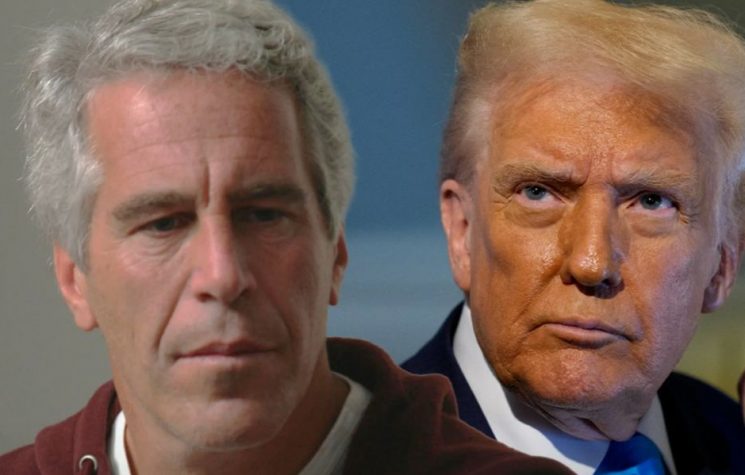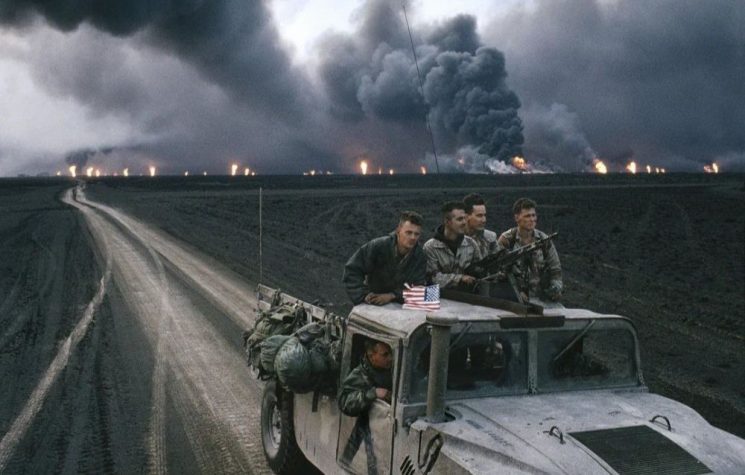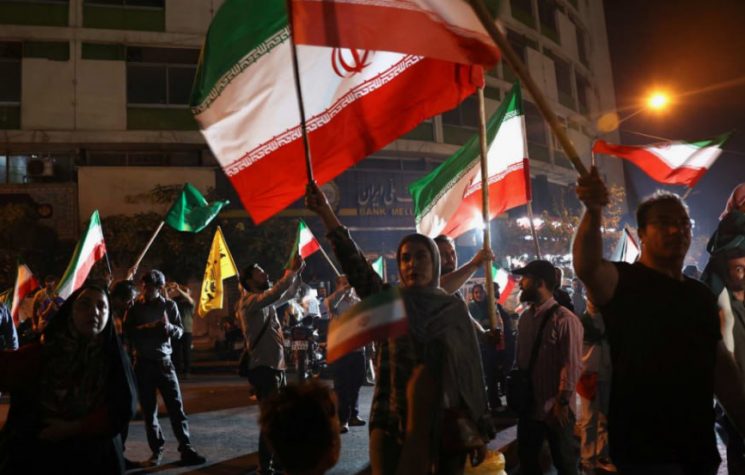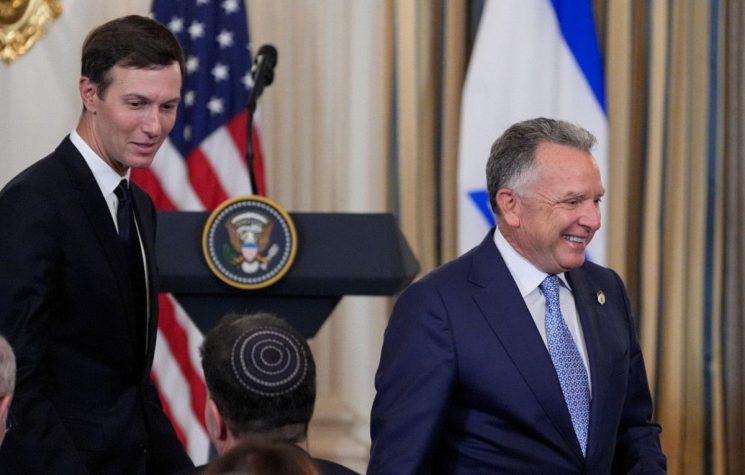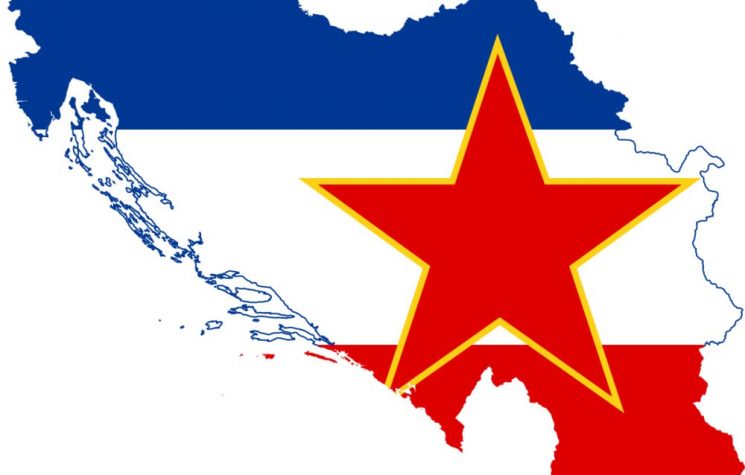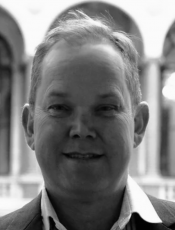In a dystopian moral inversion of the rules based international order, life, now, is more terrifying than death.
Contact us: info@strategic-culture.su
As British state-controlled news opened its lunchtime broadcast on Valentine’s Day, the BBC’s Chief International Correspondent reported that the Munich Security Conference was facing its ‘biggest crisis’ in its sixty one years.
That came on the back of President Trump’s phone call with President Putin on 12 February, to discuss ending the war in Ukraine.
Extraordinarily, discussions about ending a war that has killed or injured more than one million people across both sides was framed as an international crisis.
A crisis of even greater and more catastrophic significance than the Vietnam War, Pol Pot’s genocide in Cambodia, or Soviet tanks rolling into Afghanistan.
Worse than the Tiananmen Square crackdown or the Balkans conflict.
Worse than 9-11, the forced rendition of terrorist suspects and the illegal U.S. and UK invasion of Iraq in 2003.
Worse than the Hamas terrorist attack of 7 October 2023 and the Israeli genocide in Gaza that ensued.
Astonishingly, the BBC reporter elevated the prospect of much needed peace to a fear factor far beyond the horizon of modern history characterised by the suffering of millions.
In a dystopian moral inversion of the rules based international order, life, now, is more terrifying than death.
Every aspect of the phone call was disparaged: that it took ninety minutes, not the sixty minutes afforded to Volodymyr Zelensky; that President Trump called President Putin before speaking to the Ukrainian leader.
This illuminated, once more, a simple and unavoidable truth about the murderous war in Ukraine.
That the Ukrainian cabal in Kiev with its western paymasters is terrified about the consequences of peace.
For Zelensky, peace means a loss of power and authority.
No more journalists hanging on his every word.
No more standing ovations at big events in the west.
No more rents.
No more beatings and busification of press-ganged citizens.
A return to shaving and normal business attire.
For western leaders and journalists it means a terrifying reckoning with failure.
Failure to prevent war.
Failure to win.
A catastrophic failure of will at the altar of wilful conceit.
The war in Ukraine has been a catastrophe for Europe, more devastating than anything that has happened since the Second World War.
And yet, most mainstream political leaders are desperate for the war to continue.
I, personally, mourn for every Ukrainian and Russian who has died in a bloodbath that should have ended within one month of starting, indeed, should never have started at all.
Choosing peace is not siding with Russia or hating Ukraine. It is, or should be, about helping both countries to thrive and coexist in a peaceful way, after years of confected and completely unnecessary conflict and hate.
And yet, as this war has gone on, as the clammy palmed pontificators of the BBC have grimaced at the terrible death toll, both they, western leaders and Zelensky himself, have been complicit in a campaign to prevent any possibility of dialogue and negotiations to end the madness.
Western citizens, hypnotised by an unrelenting avalanche of state-owned propaganda, have been lied to constantly, to believe that only Russia rejected peace.
First they were told we should support Ukraine for as long as it takes.
Then when it took too long, we were told that we should strengthen Ukraine for the long haul.
As it became clear that Ukraine was losing on the battlefield, we were told that we should not let them lose, and only more money and weapons would help.
But when the money ran out, we were told, ‘don’t worry, we can lend them the money’.
When we couldn’t produce enough weapons, we were told, ‘ah, that’s because we are not spending enough on defence. Let’s spend even more.’
And when people asked, ‘well, why not just negotiate?’ we were told, ‘Zelensky really wants to negotiate, but don’t force him to talk to Putin, because that’s illegal in Ukraine anyway.’
For any remotely independent observer, it has been clear, at the very least, since its failed 2023 counter-offensive, that there was no way Ukraine could win.
So conferences were organised, and we were told that Russia does not deserve a seat on the table. These Potemkin peace tents offered a gaudily painted cover for continued fighting and an avoidance of peace.
We were told that though Russia wasn’t invited, Zelensky really wanted peace, and that he had a victory plan to secure it.
But then, it turned out, his plan was just another request to keep fighting with free western weapons.
‘No, no, it’s not that.’ Western commentators would say. ‘We’re putting Zelensky in the strongest position to negotiate.’
While all the time Ukraine was losing on the battlefield.
The illogicality of media coverage confused us further.
Russia is losing yet might invade Latvia tomorrow.
Russia is running out of troops yet has more troops than Ukraine.
Russia is bankrupt, yet confiscate their ships, as they are earning too much.
Rather than seeking peace, the western establishment continued to lie and to deflect any suggestion of compromise.
Ukraine is being overwhelmed, and that’s why we need to put Zelensky in a stronger position.
Don’t force Zelensky to negotiate with Putin as that would be surrender.
We gave Zelensky far too much power to decide when to strike for peace, when it has been abundantly clear for too long that he has never wanted to.
Given the choice, Zelensky would never strike for a peace deal that will bring to a juddering conclusion his political career.
Politicians, as a breed, tend to be self-serving and Zelensky is no different. He has been puffed up with our European hot air.
This week, President Trump has poured a huge bucket of post-Super Bowel iced Gatorade over Zelensky’s head and those of the political establishment in Europe.
Everyone is now cold and deflated.
Yet, there is NOTHING about Trump’s position that we did not know about when he was elected in November 2024.
Ukraine joining NATO should be taken off the able, Zelensky should swallow the uncomfortable truth that he won’t reclaim lost territory, American troops aren’t coming to help, the killing should stop, and Europe should manage its own security.
History made its long awaited return on February 12, 2024 and the earth is still shaking in Munich.
When the mainstream panic subsides, I hope the punditry will realise that life is better when we seek good relations with every country and stop killing people for a pointless political cause. It’s time to end this utterly pointless folly in Ukraine.
















